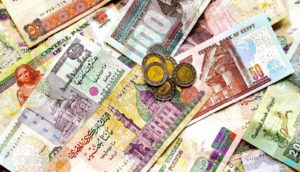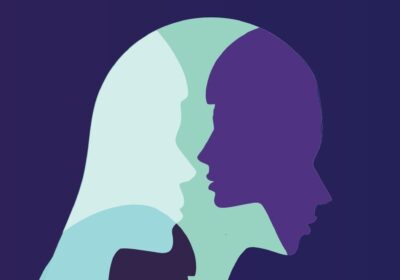According to the Ministry of Communications and Information Technology, based on Egypt’s ICT 2030 strategy, Egypt aims to possess a diversified, competitive and balanced economy, dependent on innovation and knowledge and based on social integrity, participation and justice.
Egypt has been working on developing its economy over the past years, by adopting economic reforms and moving towards digitization. Even the Egyptian private sector has witnessed a strong shift towards e-commerce, with many e-businesses venturing into the market, in parallel to the increased reliance on online banking and shopping.
The ministry’s strategy adds that the “ICT 2030 strategy supports the development of the communications sector both regionally and internationally, by designing new initiatives such as electronics design, manufacturing and capacity building to maximize ICT contributions to the economic growth of the country.”
While there is an ongoing debate amongst Egyptians about the security, effectiveness and efficiency of e-commerce or digitization in general, many individuals and businesses noted how they improved their transactions. For instance, some businesses went bankrupt as they couldn’t adapt to the technology-driven economy, while those who adapted report that it improved their productivity and efficiency, as well as enhanced their teamwork and communication.

VIA The Middle East Observer
The effect of the e-commerce sector on Egypt’s economy
Managing Director of SAP, Hoda Mansour told us, “I believe that the e-commerce sector has achieved a very good potential, of course there are a lot of things that need to be done to improve it. If you search for the percentage of youth in Egypt, 60% of the Egyptian population are under 30, most Egyptians have access to technology, everyone is ready to use applications, there is a very good formulation for e-commerce in Egypt, and that certainly helps a lot of people.”
Mansour states that in Egypt, as part of the digital transformation plan, the country is encouraging people to acquire digital cards. With the launch of “Meeza” cards, consumers will be able to perform digitized transactions. She also believes that starting next year, digitized transactions will be encouraged in governmental services and bill payments will be more applicable, which is an indicator that the government is moving towards the digital world.
Governmental initiatives tackling digital transactions
Meeza cards aim to push people towards cashless transactions in Egypt. The Central Bank of Egypt issued the rechargeable prepaid card to facilitate people’s financial transactions, as well as cash transfer and online shopping.
In addition, the Ministry of Social Solidarity has launched the “Ma3ashy” app to facilitate the lives of pension receivers by helping them avoid long queues, transportation money and energy. Not only will it help them avoid going to receive their pensions in limited areas, but they can also pay phone and electricity bills, and transfer money in a secure way.
The private sector
With the government’s rapid move towards the digital world, various businesses in the private sector have been competing to secure their spots in the e-commerce sector. The increasing competition among them has led some of them to improve their quality and decrease their prices, as in the virtual world, users can go to another store in seconds.
This comes in benefit for consumers, economy and the eco-system. It encourages individuals to launch their e-businesses, which decreased their costs as they don’t have to possess an on-ground store, and it helps them reach more clients. Nowadays, you can find anything online, even home-made food services have gone online, such as Mumm.

VIA Mumm
“Mumm is a platform that helps employees eat healthy food at the office, with a reasonable cost that might be the same cost if they cooked it by themselves, but it comes to them prepared and on time, to ensure that they don’t waste time,” Mumm’s CEO, Waleed Abd El Rahman said.
Mumm has been working on developing a digital cafeteria for businesses, without having an actual kitchen in the building. Not only is the menu updated on a daily basis, but customers also receive high discounts and their food at the same time everyday, Abd El Rahman explained.
“The biggest challenges that we face is finding the right people to work with us in the business, Internet speed in Egypt is a burden for us, and we need to raise awareness for people to use smarter payment solutions. When the society and government work cohesively, we will eventually resolve all of these elements,” Abd El Rahman added.




























